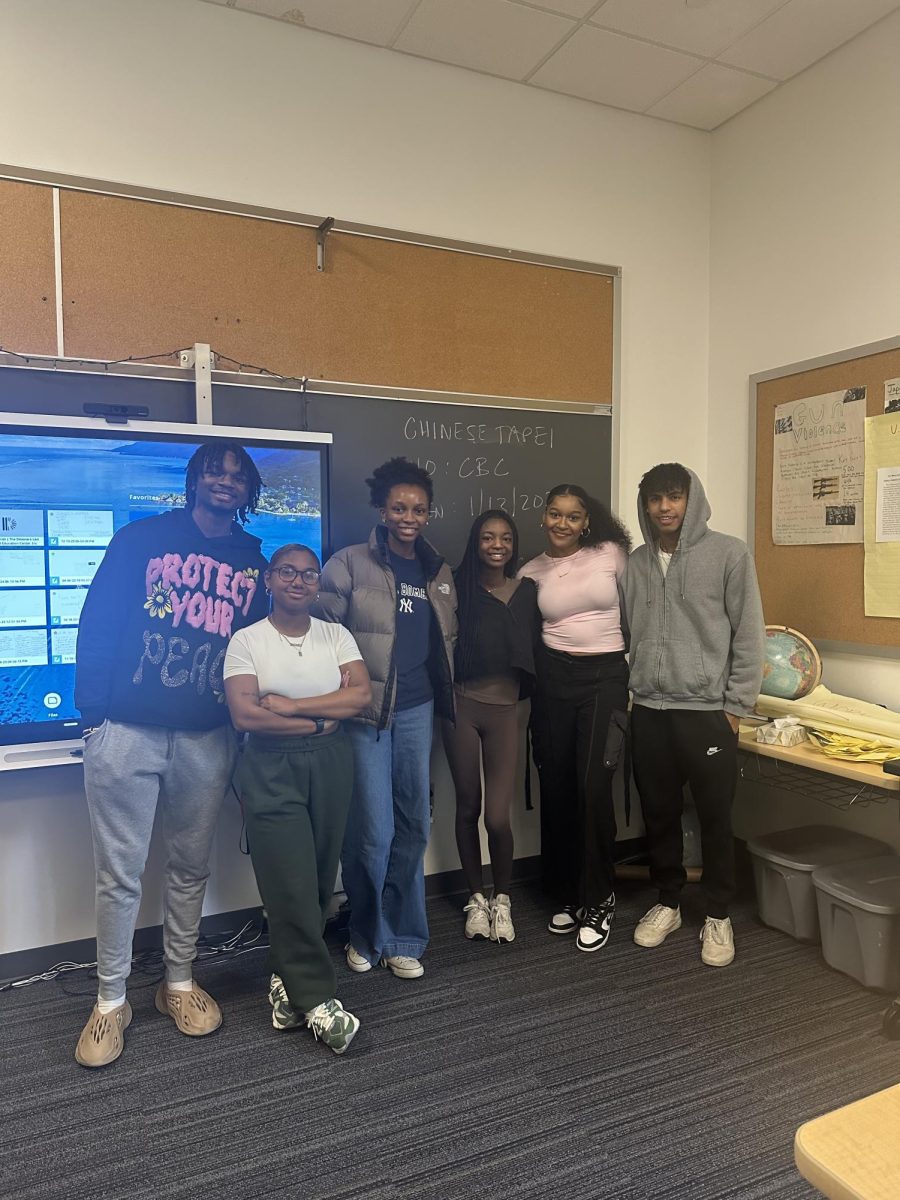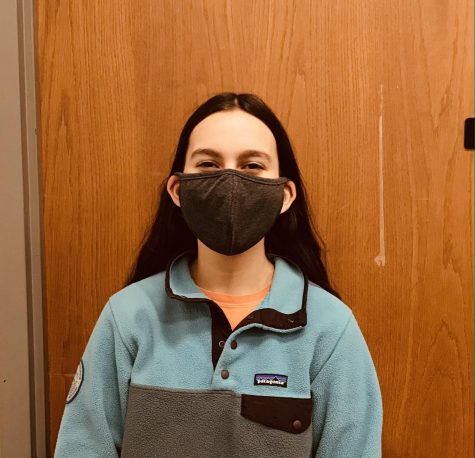For this issue, the diversity column focuses on the Black community at WFS. To get a sampling of perspectives on these topics, here are some questions from our community and answers with Maddie Miller ‘24, Zae Turman ‘24, and Payton Williams ‘24 who clerk BSU, Men of Color, and Women of Color.
What are your club’s goals? Why do you feel the need for clubs like BSU, and women/men of color in WFS?
Zae: I’ve always had the goal of making a safe space and bringing an uplifting community for the people of color, specifically people of African American descent. Just making a space where we can all thrive and share our ups and downs with eachother and talk about stuff we might not be able to talk about with people who aren’t sharing the same experience as us.
Are there any specific comments, stereotypes, or misconceptions about being Black that you want to see stop?
Payton: I’ve seen people say, “She only got in [to college] because she’s black,” and that’s just not true. If you look at statistics or anything, if affirmative action was that drastic, there would be ten times more people of color in universities.
Maddie: The angry black woman steryotype and always villanizing the African American woman. Also the hood thugs thing. I see that at Friends. If I mention a black guy, people go “Oh, is he a thug?” and I’m like “Uh no, not all black men are thugs.” If they don’t go to private school, they are pictured as thugs.
Zae: It just depends. As long something isn’t said with the intent to cause harm, and it is perceived that way, I think it should be fine. . . It depends on who you are and what your relationship with other people are and what you’re comfortable with.
What is a part of your culture that you love and think other people learn more about?
Payton: The food. I like soul food a lot. Because I’m African American, that’s a main one Maddie: How you can bond easily because usually you’re the minority in the room. But also music and family functions.
Zae: The pop culture, hip hop, rap aspect. And I don’t mean just Lil Baby. I mean Tupac and Biggie. Especially for hip hop, go back to the 90s and 80s.
What part of your culture do you think is the hardest for your non-Black friends to understand?
Payton: Sometimes little underlying things that people say. . . . At my other school, she [my friend] was talking about a concert, and she was like “oh but my parents aren’t going to let me go because there’s a lot of black people there”, and then she turned to me and was like “oh but not people like you.”. . You’re still categorizing Black people negatively. It’s trying to excuse their racist behavior, but it’s still racist.
Maddie: When we change our hair. People don’t understand. They ask, “Oh, your hair grew?” No, I got braids, and it’s fake hair.
Zae: Either seasoning or understanding the struggles of the remnants of slavery and how it’s still inactful today. . . We have to think about so much more than some other groups. Depending on what neighborhood we’re in or where we’re going. Walking into a suburban neighoborhood as a black kid, where for some people it might be a calming atmosphere, sets us on alert because you will have people come out of their home to say stuff like “You dont live there.” “This isn’t where you belong.” “Get out.”
What do you see as some prevalent forms of cultural appropriation and how do you view those examples? (ex: white people wearing braided haristyles)
Payton: One example could be hair. Cornrows for example. A white celebrity renamed them as boxer braids. . . but no, those are corncrows, we’ve been doing that forever. Renaming things that are instrumental parts of our culture that we’ve been doing and it’s seen as ghetto when we do it, but when another culture does it, it’s okay.
Maddie: Braids and locks. The types of braids that some people are doing now were specifically to African American culture. Slaves would do it to store food in their hair and also braid designs in their hair to do escape roots. Locking up your hair was also a way to keep it so it was manageable because you didn’t have products and brushes to maintain it.
How do you feel about the representation of Black individuals in media and popular culture?
Payton: Representation has defintely gotten better over the years. Now for younger black girls, when they turn on the TV they can see themselves in a lot of different lights. There’s a black litle mermaid. Black people play docotrs in TV shows now. When I was younger there was not as much. . . But it still could be better. Don’t get me wrong.
Maddie: You see a lot more women in politics, and all around I think it is getting better. But I do still see if something happens with a black woman, the media will try to portray her as the angry black woman, but if a white woman does the same things, it’s not seen like that. That’s sitll an issue.
How can non-Black individuals be better allies and advocates for the zSABlack community?
Payton: If someoene says something bothers them, just listen. You don’t have to automatically be defenseive or automatically think you are about to be canceled. Nine times out of ten I don’t want to cancel anyone. I don’t want it to be the end of the road. I just think we can all learn and grow.
Zae: If you see something, say something. There’s a lot of stuff gets swept under the rug, and I’m not going to hop on every single thing. Even if there’s not a black person in the room and someone says something that’s clearly racists, feel comfortable enough to speak up and speak out on that.

































